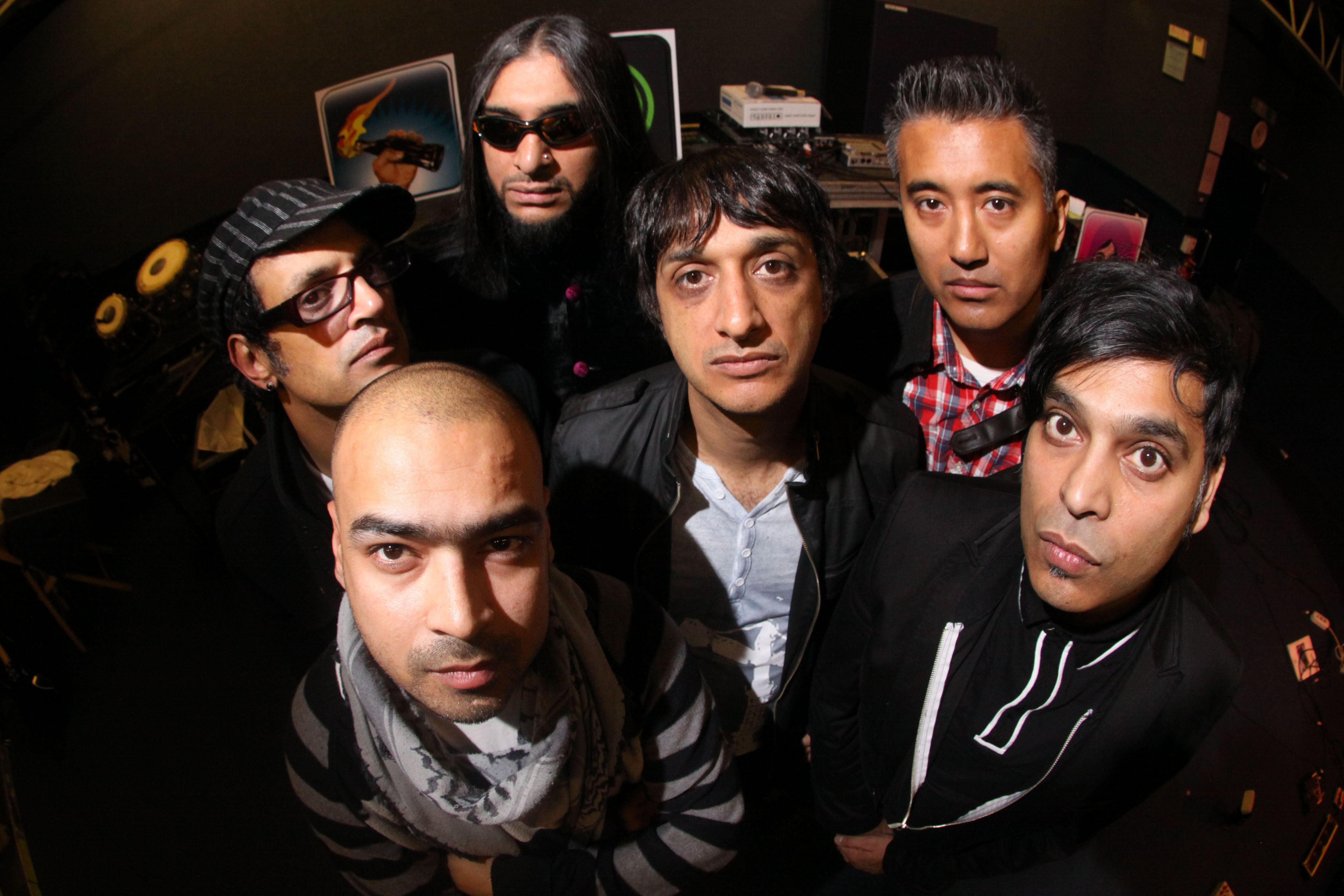
Last week I wrote a post on the Amanda Todd suicide, in which I expressed the opinion that the media ought to be focusing more on the issue of misogyny than that of bullying and the role of social media. 'Misogyny', it turns out, has been a newsworthy word as of late, and as such I think it's worth digging deep into the word itself in the latest of the 'Inigo Montoya Teaching Moment' series of posts on misused - or allegedly misused - words and expressions.
Misogyny and discrimination against women in both the developed and developing world has been in the news a lot in recent weeks. When not making news in Metro Vancouver in the aftermath of the Amanda Todd tragedy it was doing so in Pakistan's beautiful but chronically unstable Swat region, where a 15 girl by the name of Malālah Yūsafzay became an international heroine thanks to a passion for education, a Taliban thug willing to kill in the name of preventing girls from being educated, and by valiant intervention by surgeons in Peshawar, Rawalpindi and Birmingham.
Meanwhile in Australia, the word itself became the centre of a media frenzy following a tirade by Australian Prime Minister Julia Gillard against opposition leader Tony Abbott. Gillard's rant, which quickly went viral over YouTube, was delivered in the Australian parliament two weeks ago following demands from the opposition leader for the firing of House Speaker Peter Slipper, accused of making derogatory comments about women in a series of text messages. The prime minister, while stopping short of defending her colleague's actions, took the opportunity to expose her the famously macho and socially conservative opposition leader's hypocrisy in this 15-minute verbal smackdown. If you haven't seen it yet, it's well worth watching.
Gillard's rant - noteworthy even within Australia's famously bellicose political culture - quickly became international news, winning her praise in many corners both in Australia and overseas for her unapologetic stance against entrenched sexism and - a word she invokes frequently in her rant - misogyny. It also resulted in changed the PM could hardly have expected. Within a week of her 'misogyny' tirade, The Macquarie Dictionary, which bills itself as Australia’s National Online Dictionary, announced that it was changing its definition of misogyny from "a pathological hatred of women” to “entrenched prejudice against women."
This linguistic shuffle prompted a degree of backlash, particularly from Australia's opposition Liberal Party. "Ms. Gillard called Mr. Abbott a misogynist. Mr. Abbott clearly does not hate women," asserted Senator Fiona Nash in the Sydney Morning Herald. "It would seem more logical for the Prime Minister to refine her vocabulary than for the Macquarie Dictionary to keep changing its definitions every time a politician mangles the English language."
Political pleading notwithstanding, the incident begs the question of what precisely misogyny is, and how does it differ (if at all) from garden-variety sexism. In the aftermath of the Gillard attack, The Guardian asked six leading feminists to define the term. In the end, all of the them more or less agreed that 'misogyny' was simply a darker, more malicious form of sexism. British feminist author Rhiannon Lucy Cosslett characterized the difference between the two being akin to the difference between Benny Hill and Rush Limbaugh, noting that "While sexism demonstrates a disregard and disrespect for women, I always have associated misogyny with something darker, angrier, and more cynical."
When a man claims that women are naturally maternal, or are by default, bad drivers, he is a sexist. If he was to add that women are only good for a fuck and should be confined to servicing men and their children, it is misogyny.
- Julie Bindel
American author and renowned Third Waver Naomi Wolf digs deeper, contending that while 'sexism' is the product of unthinking prejudice, 'misogyny' is the product of a deeper, more emotionally charged contempt for women. "A public figure who tolerates the systemic under-prosecuting of rape is guilty of serious and unforgivable sexism," she explains. "Making rape jokes or explaining away the damage of rape in public [see Missouri Congressman Todd Akin] or legislating, as over a dozen US states are now doing, transvaginal probes that are medically unnecessary, simply to sexually punish women for choosing abortion – well, that is misogyny."
 |
| Note to Tony Abbott: appostrophes are your friend, even if women aren't! |
Other Abbott classics might be more aptly described as sexist, such as his famously thoughtless on-air remark in 2010 when he referred to "What the housewives of Australia need to understand as they do the ironing," or when he notoriously quipped that mandatory paid maternity leave would happen "over this government’s dead body." Such declarations clearly reveal the opposition leader's adherence to an antediluvian view of the proper place of women in society - unquestionably sexist but not quite misogynistic. The 'Ditch the Witch' campaign and his acerbic and patently untrue dismissal of women seeking safe and legal abortions, on the other hand, betray an active mean spiritedness that can only be described as misogynistic.
Perhaps the most apt characterization of the difference between these two states of mind comes from Julie Bindel, British feminist author, LGBT advocate and co-founder of the group Justice For Women. "When a man claims that women are naturally maternal, or are by default, bad drivers, he is a sexist. If he was to add that women are only good for a fuck and should be confined to servicing men and their children, it is misogyny. Misogynists are always sexist, but sexists are not always misogynists."
Was Australia's leading dictionary right in revising its definition of 'misogyny' from 'a pathological hatred of women' to 'entrenched prejudice against women'? In my opinion, probably not. Moreover, I believe Julia Gillard was bang on in her characterization of her rivals views as being both sexist and misogynist, and that no such dictionary revision was needed in the aftermath of her now legendary knockout round.








